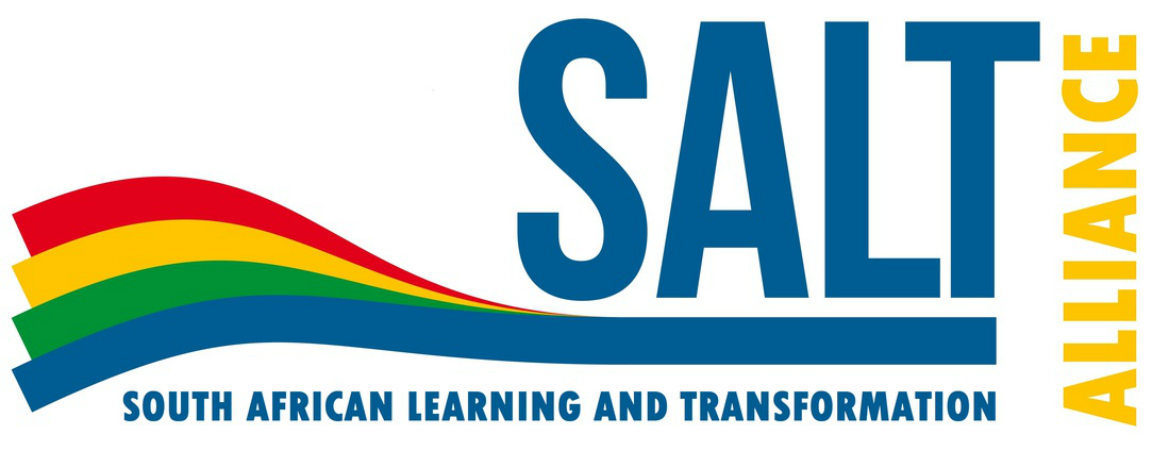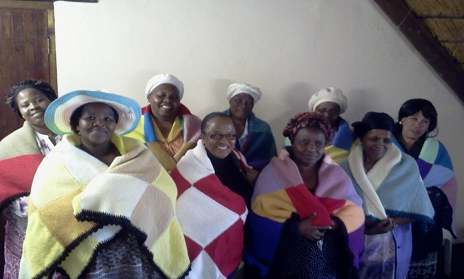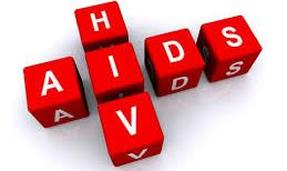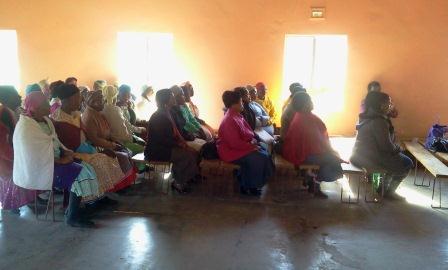The importance of families in building sustainable communitiesFamily is universally viewed as one of the
essential institutions without which no society can function. The family may be viewed as a vital organ
maintaining the health of the ‘body’ of society. The family does this through things
like reproduction of the population, playing a key role in the primary
socialization process, providing food and shelter and an
emotional refuge for family members. In this way the family makes a major
contribution to social stability, and the creation of a harmonious
society. It is within the family that children are socialised to acceptable norms and values, which makes up the culture of society to which they
belong. So, it is
essentially through the family that each generation is replaced by the next;
that children are born, socialized and cared for until they attain their
independence; and that each generation fulfils its care responsibilities to
minors, older persons, and the sick.
|
“Families are social groups connected by kinship, marriage, adoption, or choice. Family members have clearly defined relationships, long-term commitments, mutual obligations and responsibilities, and a shared sense of togetherness. Families, in their many forms, are everywhere the primary providers of protection, support, and socialization for children and youth.” Extracts from Mfesane "Family Approach" document. |
SALT Alliance and a family approach
SALT Alliance is currently in a research and learning process to understand and apply a family-centred approach in their community work, one where the individual is viewed in his or her family context and where family is holistically strengthened as a unit of society. The idea of a family-centered approach does not
presuppose a particular model of family or family life. For that reason the
following definition of what a family is has been adopted from: “Families
are social groups connected by kinship, marriage, adoption, or choice. Family
members have clearly defined relationships, long-term commitments, mutual
obligations and responsibilities, and a shared sense of togetherness. Families,
in their many forms, are everywhere the primary providers of protection,
support, and socialization for children and youth.”
The reality of widowhood in KwaZulu-Natal |
Ella overcomes HIV at Nakekela |
Building a sustainable future together |



